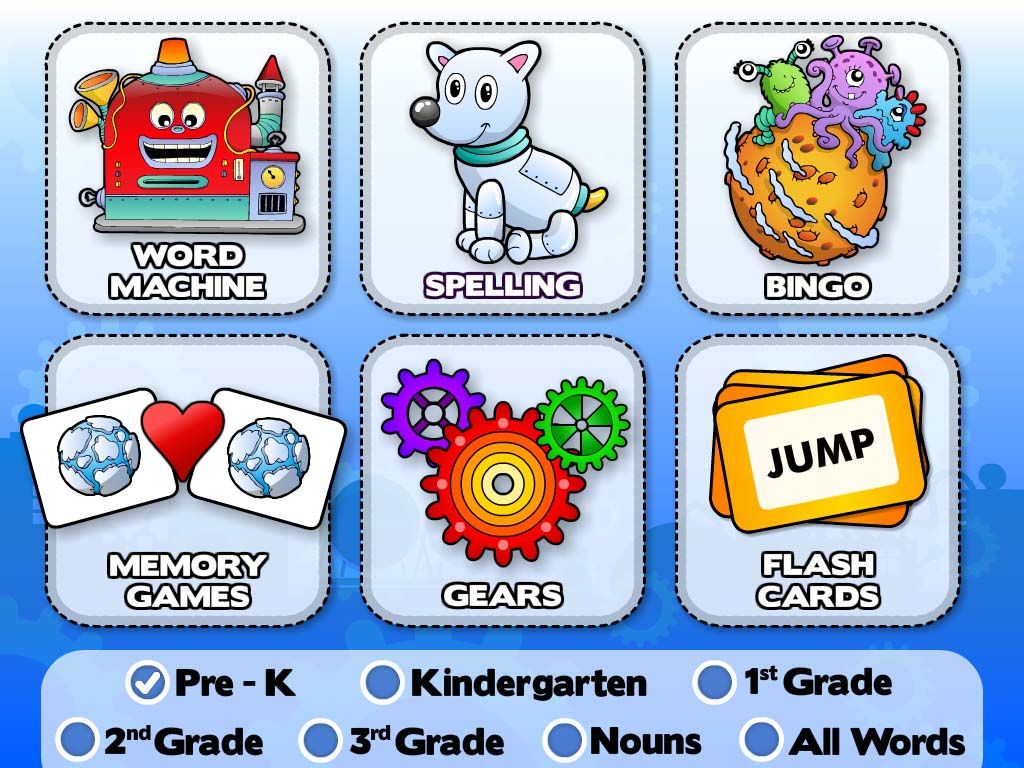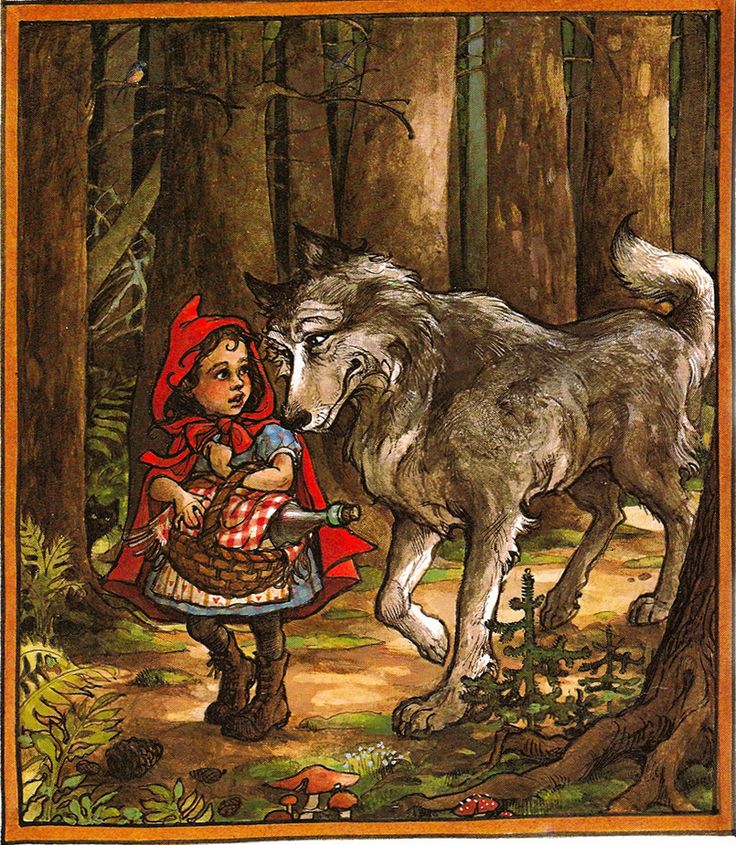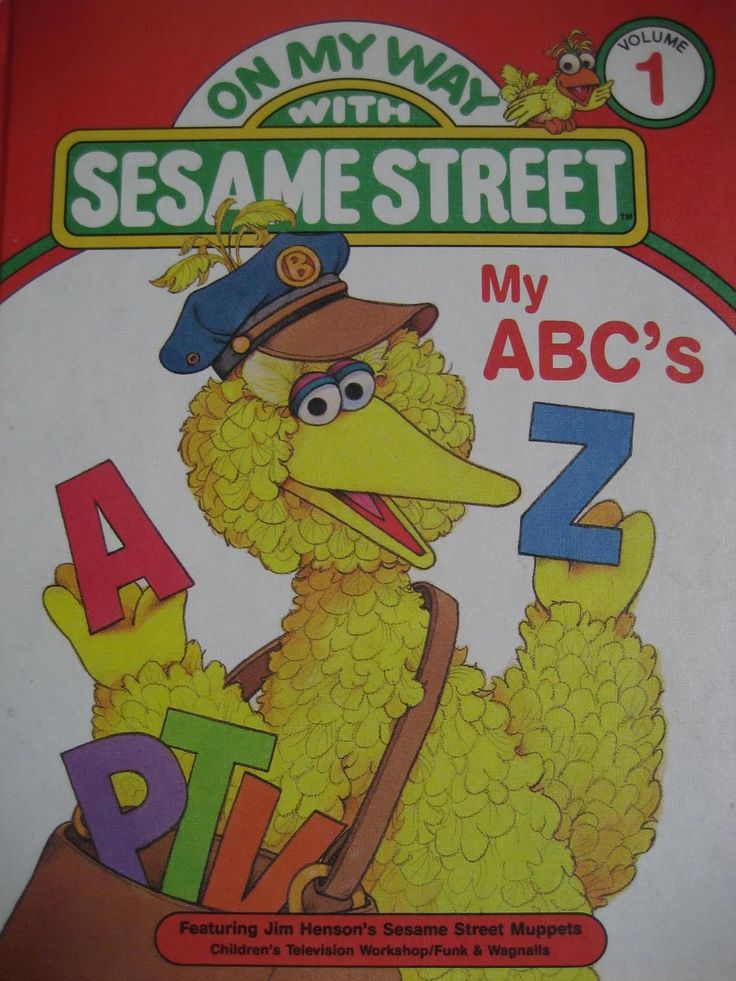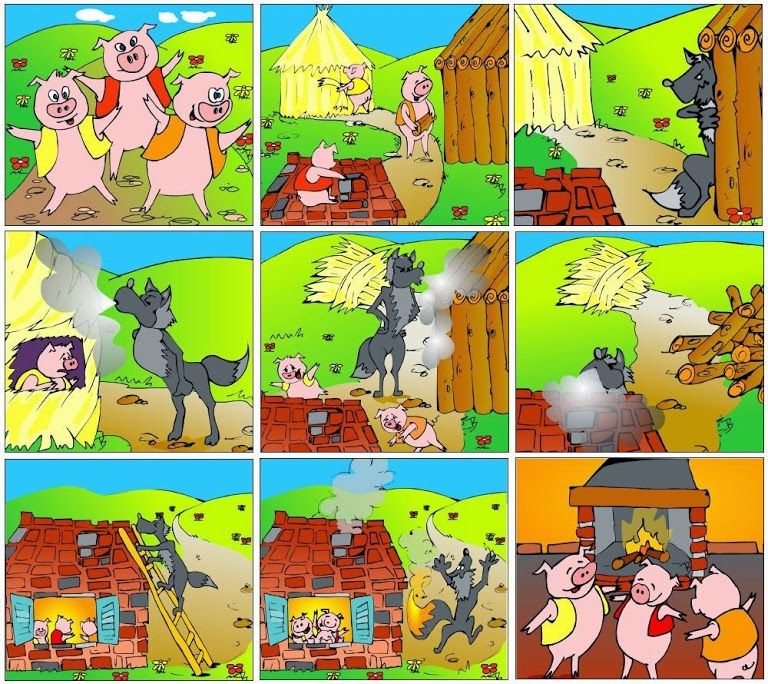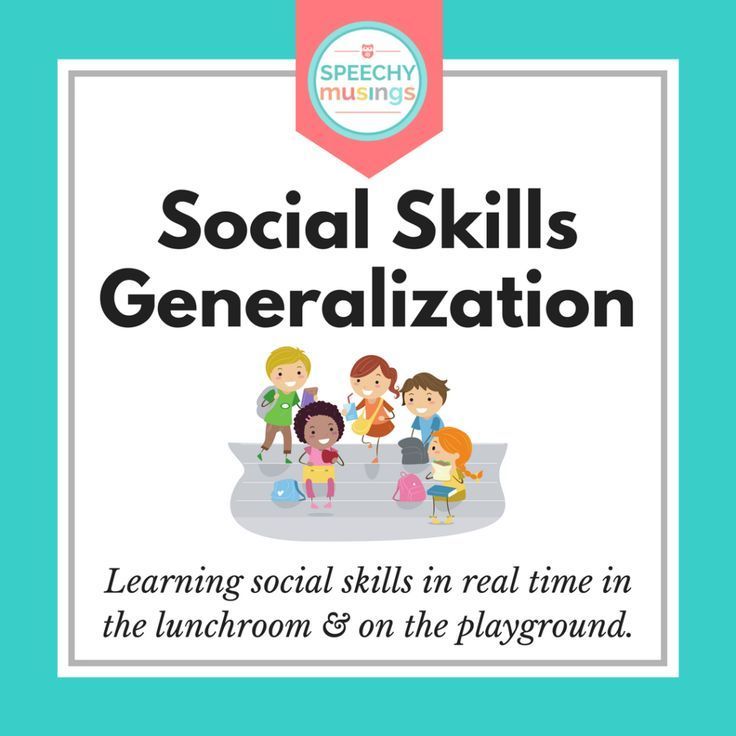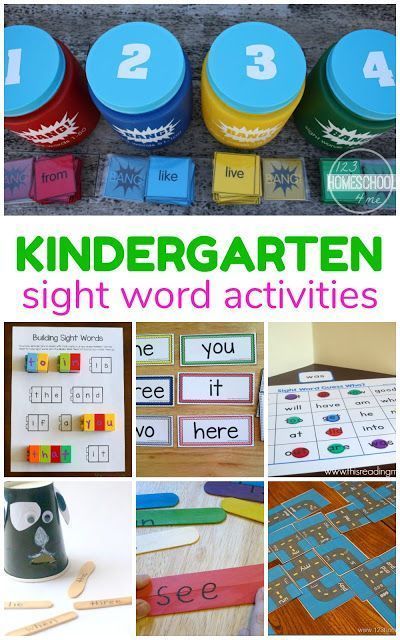Kids learning word games
10 Best Word Games for Kids
Word games for kids are a great way for children to learn new vocabulary in a fun way. This list of word games includes a range of spelling games, and vocabulary games for kids that will get them talking and help their language development.
Word Games and Vocabulary Games for Kids
Word games are a fantastic way to get your kids learning when they don’t realise it. These types of games help to build vocabulary, learn to spell, and communication in general. They are also really fun and most of them can be played almost anywhere.
If you are looking for board games that you can buy, check out our board games for kids post. These word games below don’t need much preparation, but if you don’t have time to prepare your own, you can also purchase a range of fun word games for kids HERE.
1. Hang Man
The Game: Arguably one of the most popular word games for kids is Hang Man. This word game can be played with minimum 2 players and is perfect for kids to practice their spelling. Player 1 thinks of a word and Player 2 (or more) has to guess it before they get “hung.”
How to Play: Player 1 writes down a line for each letter of the word they have chosen, so that the other player/s know how many letters there are in the word. Player 2 needs to guess a letter they think may be in the word. If the letter is correct Player 1 writes the letter down on the line or lines. If it is incorrect Player 1 draws part of the “hangman”. If the drawing is complete by the time Player 2 guesses, then Player 1 wins.
2. Words within a word
The Game: This is a great word game for kids that requires them to create their own words out of one large word.
How to Play: Choose one really long word with at least 8-10 letters. The longer the word the better. Then set a timer for 1 minute and start. Each player needs to try to make a list of small words out of the letters of the long word. So, for example the word COMPUTER includes: put, cot, term, core, mop, top, pet.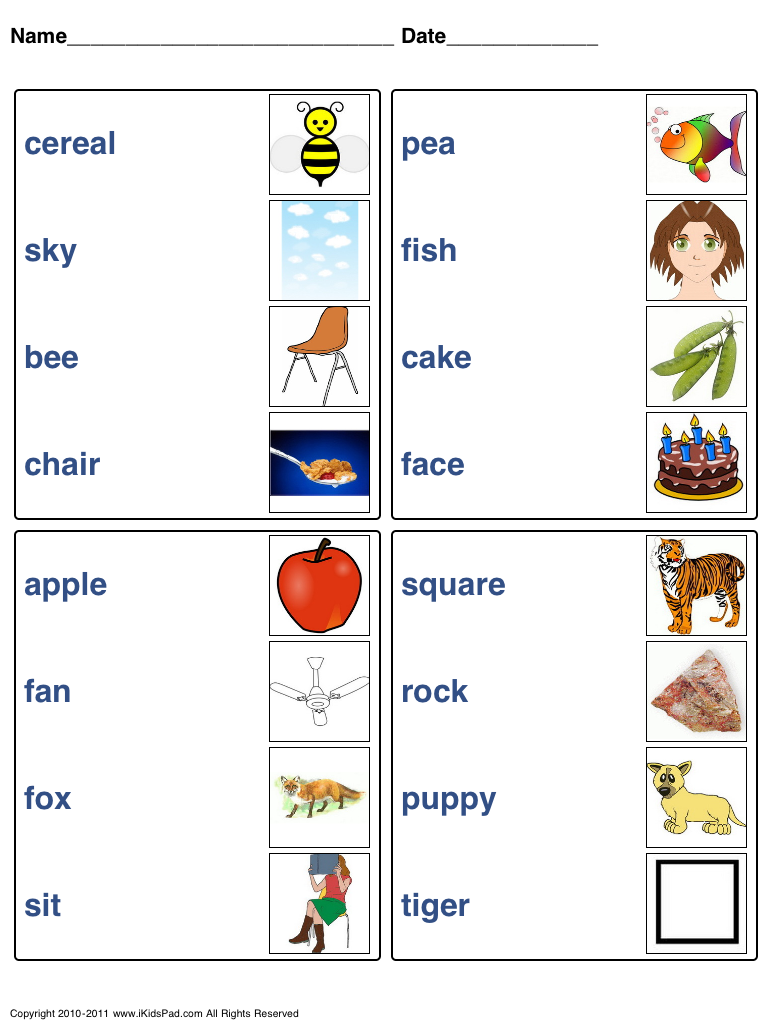 Etc. This is a really fun word game to help children’s spelling skills.
Etc. This is a really fun word game to help children’s spelling skills.
3. I spy
The Game: A really easy and fun word game for kids that doesn’t need any materials at all and can be played anywhere is I spy. Guess what the person “spies”. Play this guessing game with as many players as you want in the car, on a walk, or even at dinner.
How to Play: Player 1 looks around and chooses an object that he or she can see then proceeds to say, “I spy with my little eye, something beginning with __” The other players then need to guess what the word is. Whoever guesses the correct words is next up to spy. Great game to play in the car.
4. Unscramble the words
The Game: This is a simple word game for children that needs a little preparation, but will get them really thinking. Kids will need to unscramble the letters to solve the word.
How to play: Write down a list of words on a page, but scramble the letters so that they are not in order.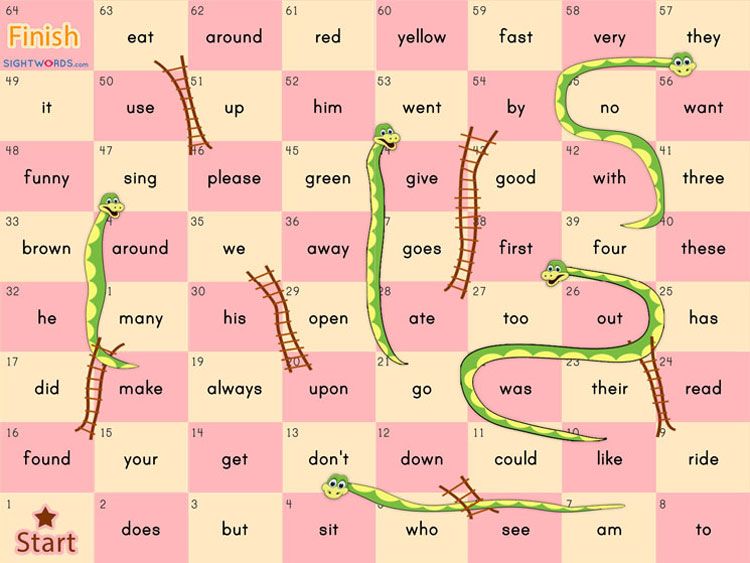 Kids will need to look at the scrambled letters to try to form the word. For younger children, it can be simple 3-4 letter words, for older ones to make it more challenging try some 5-8 letter words. This is a great vocabulary game for kids of any age that will really test their problem solving skills.
Kids will need to look at the scrambled letters to try to form the word. For younger children, it can be simple 3-4 letter words, for older ones to make it more challenging try some 5-8 letter words. This is a great vocabulary game for kids of any age that will really test their problem solving skills.
5. Bingo
The Game: Bingo is such a fun and easy word game for kids. There are some really good versions on Amazon HERE. That you can buy, but you can also just make up your own. Kids must find the words on their bingo card and be the first to cross them all off.
How to Play: Draw a square grid on a page and choose a theme. Write out some words using the theme. It could be colours, shapes, animals, or even their sight words they are learning at school. For a group of players, make sure that all of them have slightly different words.
Make an extra copy of all of the words on every page then cut them up into squares and put in a bowl scrunched up.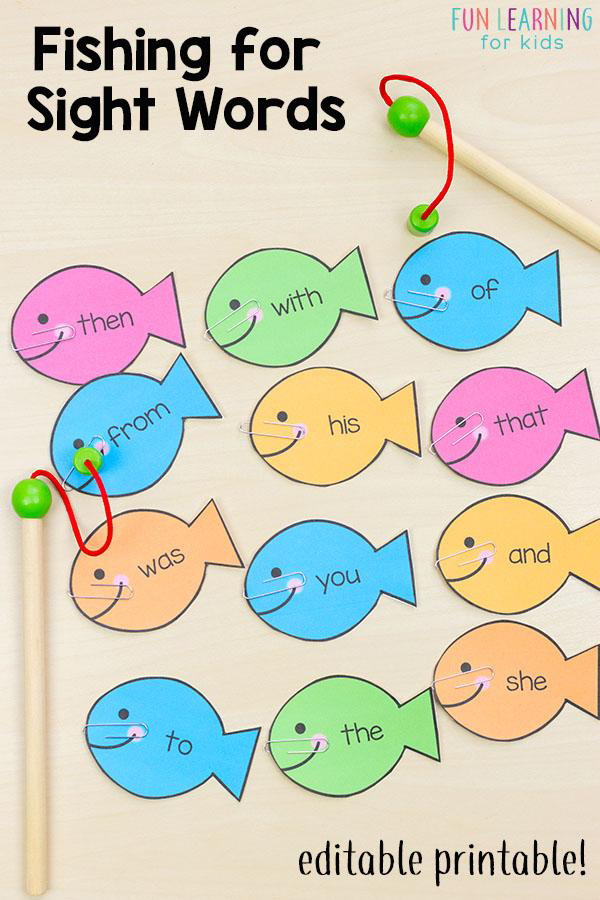 You and the kids can then take turns in pulling out a word and reading it out loud. Whoever has the word on their page covers it with a token). The first person to find all of the words calls out Bingo and is the winner.
You and the kids can then take turns in pulling out a word and reading it out loud. Whoever has the word on their page covers it with a token). The first person to find all of the words calls out Bingo and is the winner.
6. I am going on a picnic
The Game: An old favourite, and a fun word game to help with your child’s memory and to get them talking. One person is going on a picnic and each person has to say what they are bringing along, but with a twist! The more you play this vocabulary game the better you get at it.
How to Play: This game can be played with 2 or more people. Player 1 starts with saying “I am going on a picnic and I will bring … (and chooses an item, eg sandwiches”
Player 2 then repeats what the first person said, and adds something of their own. So, for example “I am going on a picnic and I will bring some sandwiches, and some strawberries.
Player 3 (or back to player 1) then repeats what the first person said, then the second person, and adds something of their own. So for example “I am going on a picnic and I will bring sandwiches, strawberries, and a picnic rug.”
So for example “I am going on a picnic and I will bring sandwiches, strawberries, and a picnic rug.”
You keep going like this for each person around the circle and as you go, it gets more difficult to remember every item. The game ends when someone cannot remember them all.
7. Alphabet
The Game: Another simple vocabulary for kids to get them thinking is the Alphabet game where you go through the alphabet to name different subjects.
How to Play: Write down the letters A-Z on paper, and then choose a subject such as animals or places. Kids need to then go through the alphabet using each letter to write down something from that subject. For example, Ape, Bear, Cow, Duck, etc.
The person who has the most at the end is the winner. This word game can also be played out loud if you don’t have paper, taking turns with each player going through the alphabet until someone cannot continue.
8. Word Family Game
The Game: This fun vocabulary game requires children to rhyme and think of new words.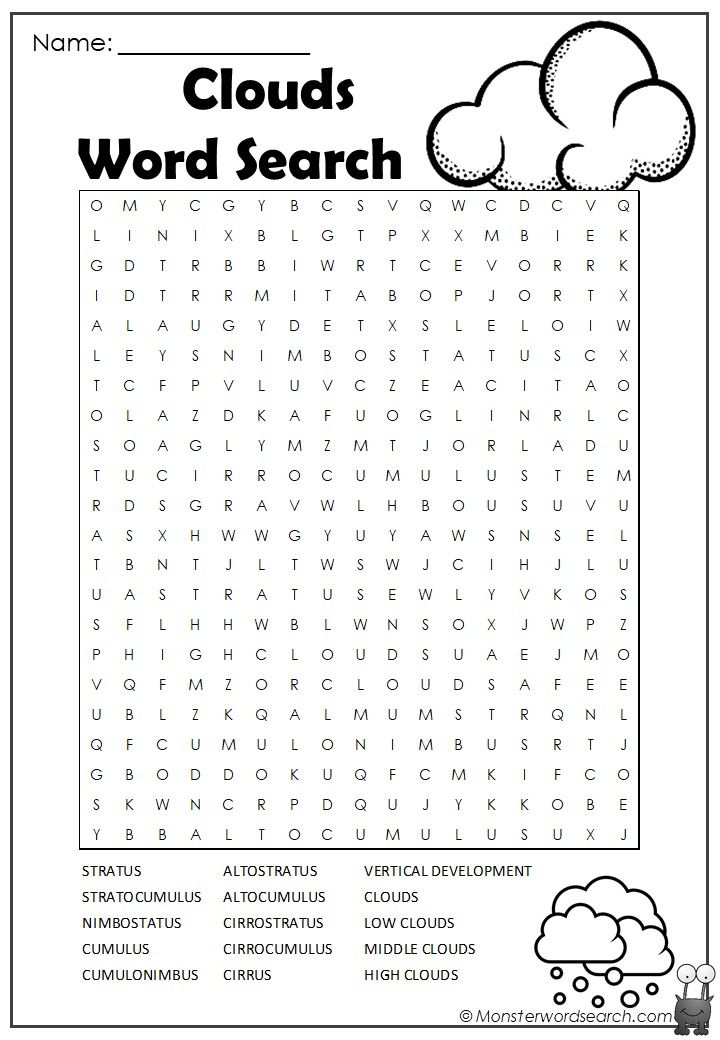 It can be played with 2 players or even a group.
It can be played with 2 players or even a group.
How to Play: Choose one word to start with, and then everyone needs to write as many words that rhyme with that word. For example if the word is “Mat”, answers could be: cat, sat, rat, pat etc. If you are playing in the car or on the go, you can do one word at a time. If you have paper, then start with a list of words and go through them all with a timer. The person with the most words wins.
9. Word Search
The Game: A fun but challenging word game for kids that encourages persistence is doing a word search. Kids need to find the hidden words within a grid.
How to Play: You can find lots of fun word searches online for free and print them out (as the one in the image above) Or you can make your own easily by drawing a grid of 10 x 10 squares. Once you have your grid, place as many words as you can within the grid. Words can go up, down, or diagonal. For older kids who need a challenge, make some letter overlap and used more than once.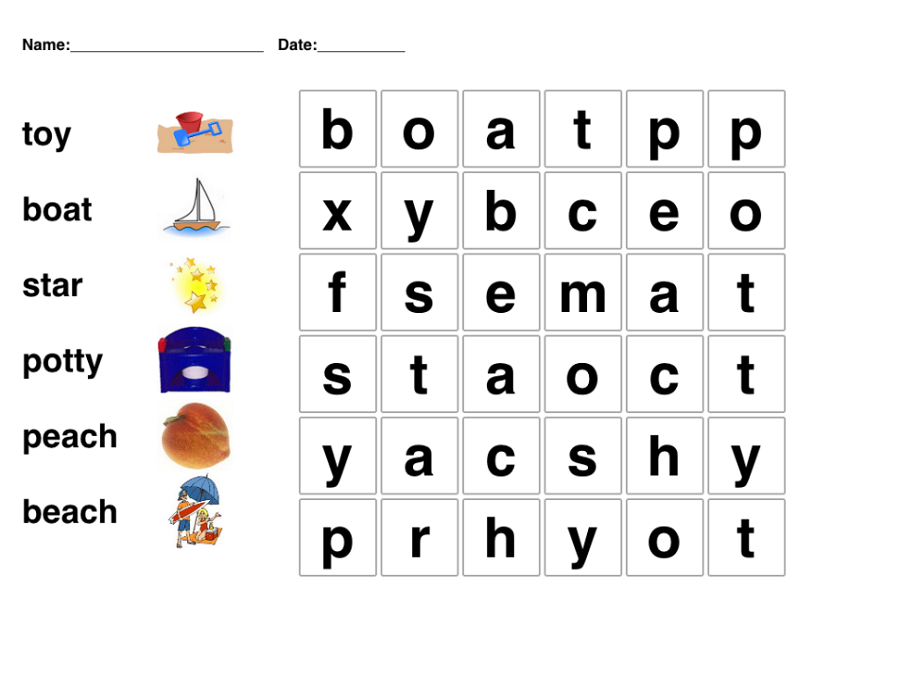
Make sure to create a list on the side or bottom of the page of the words you have entered so the player knows which words to find. Once you cannot fit anymore words in, fill the blank boxes with a range of random letters.
10. Story prompts
The Game: This is a great vocabulary game to get kids talking and sparking their creativity by making up stories together.
How to Play: Kids need to take turns in saying sentences to make a story. Player 1 starts the story, and says the first sentence. Player 2 continues the story with another sentence. Player 3 (or back to Player 1) continues the story again with another sentence and so on. The stories can become very interesting as each person has different ideas.
Other Fun Learning Games for Kids
If you love these fun word games for kids then you may be interested in our other posts that are also educational and help kids with their vocabulary and communication.
- Best board games for kids
- Best car games for kids
- Best kids activities to do at home
- Fun and simple science experiments for kids
- Nursery rhyme lyrics
Best word games for kids of all ages
These word games will certainly encourage your kids to use new vocabulary and improve their spelling too.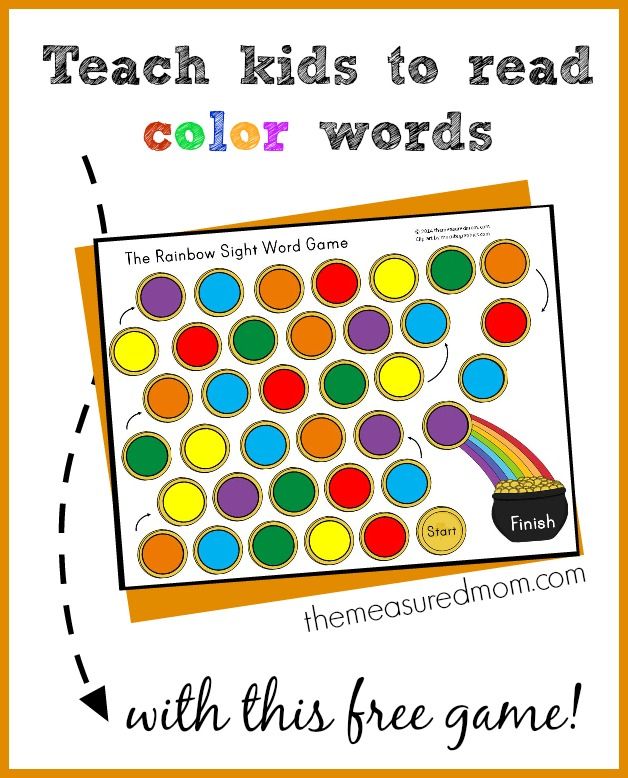
The best thing about these word games for kids is that they can can be played with children of all ages. Even parents can join in the fun too. Just adapt the game to suit the age of the player. Let us know if you have a favourite word game for kids that we haven’t listed so we can try it out!
Follow Mum’s Little Explorers on Facebook for more inspiration and if you are in Melbourne, come join the Melbourne for Kids Facebook Group.
20 Best Word Games for Kids Recommended by Teachers
English word games are a fun way to get kids to learn new vocabulary skills, sharpen their existing reading skills, and develop their writing skills all in one go. There are tons of fun games to help foster a love for language at a young age and teach them valuable literacy skills along the way.
Here is a look at 20 cool games that put a new twist on classic word games or introduce you to some new approaches to learning vocabulary skills.
1. Popsicle Words
This word game for kids is easy to set up.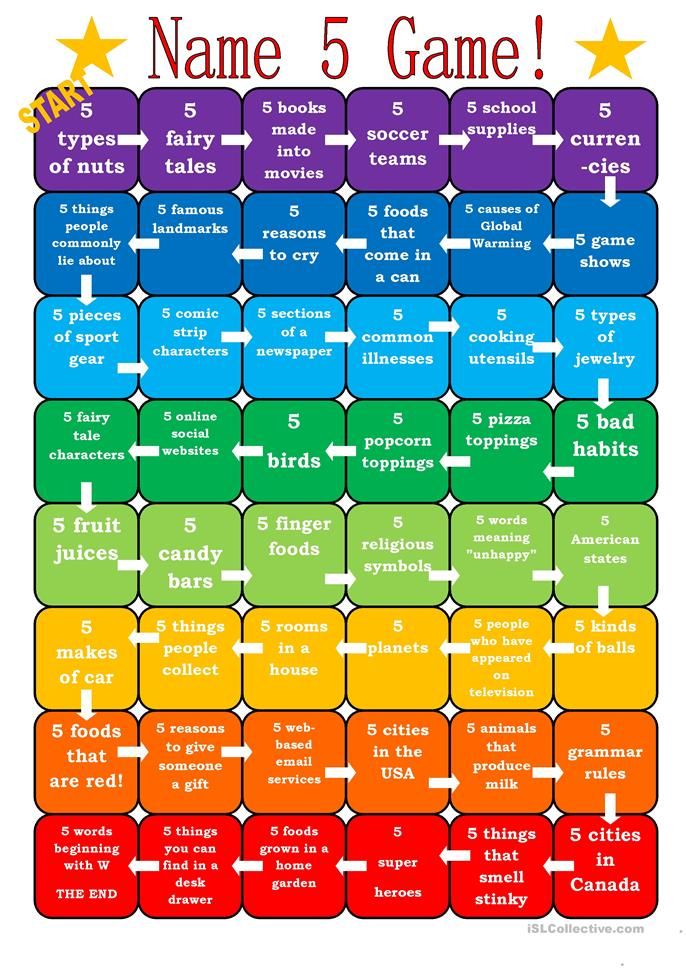 Simply write words across the 2 popsicle sticks of the same color and let kids match up the two halves of the sticks. Use colored sticks for young readers or one color to make it a bit more difficult.
Simply write words across the 2 popsicle sticks of the same color and let kids match up the two halves of the sticks. Use colored sticks for young readers or one color to make it a bit more difficult.
Learn more: Good and Beautiful
2. DIY Wordle
Wordle is the online word game that has taken the internet by storm. Create custom wordles for kids using words they know or might be learning at school. This DIY version is quick and easy to use and a favorite educational game among learners.
Learn more: Wordle
3. Stop the Bus
This is a classic classroom game that can also be played at home with just a piece of paper. Kids get assigned a letter and must produce one word in each category starting with that letter. It is a game of speed so their language skills are truly out to the test and truly the easiest paper game to set up.
Learn more: ISL Collective
4. Online Hangman
Hangman is one of the best classic word games out there but this fun online version puts a new spin on it.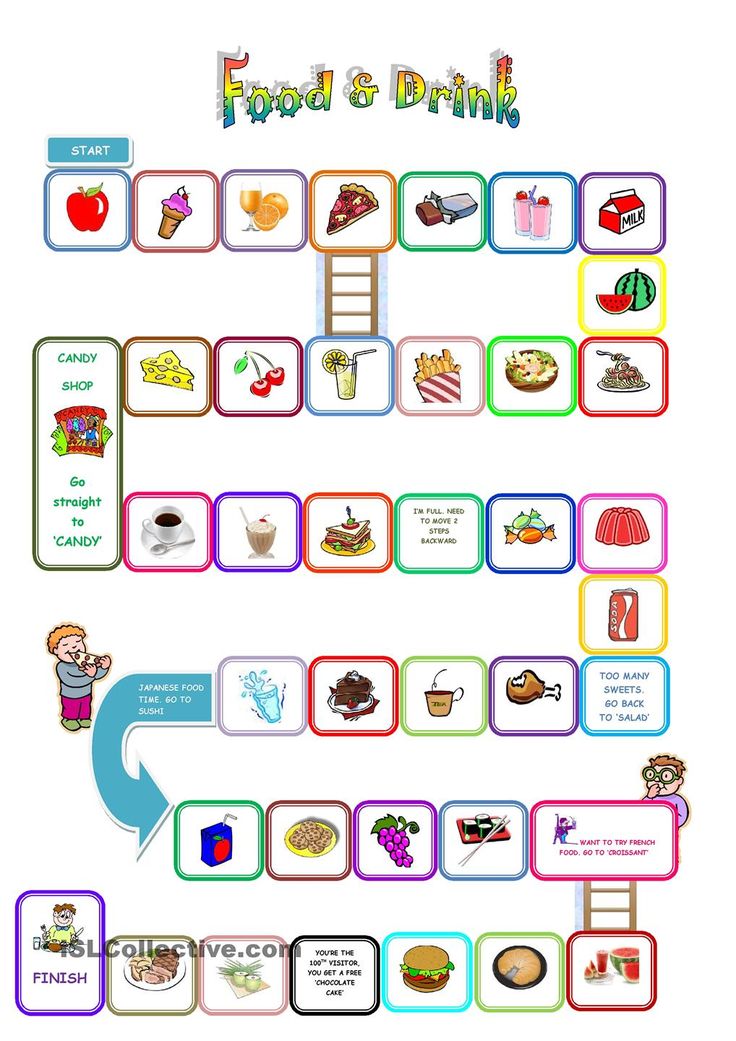 The man is floating above a hungry monster and each incorrect guess pops one of his balloons, bringing him closer to his doom. Don't miss the chance to play this fun new version of one of the most popular word games of all time.
The man is floating above a hungry monster and each incorrect guess pops one of his balloons, bringing him closer to his doom. Don't miss the chance to play this fun new version of one of the most popular word games of all time.
Learn more: Cool Math Games
5. Bananagrams
Bananagrams is a must-play word game for kids of all ages. It uses Scrabble-like letter tiles and players grab tiles and form words. Adding the element of time really puts their spelling skills and concentration skills to the test.
Learn more: Triple S Games
6. Make a Wordsearch
Create a custom word search for kids using words from their in-class theme or that link to a theme at home. You can even throw some silly words in the mix to make it more difficult or add their names for a fun surprise.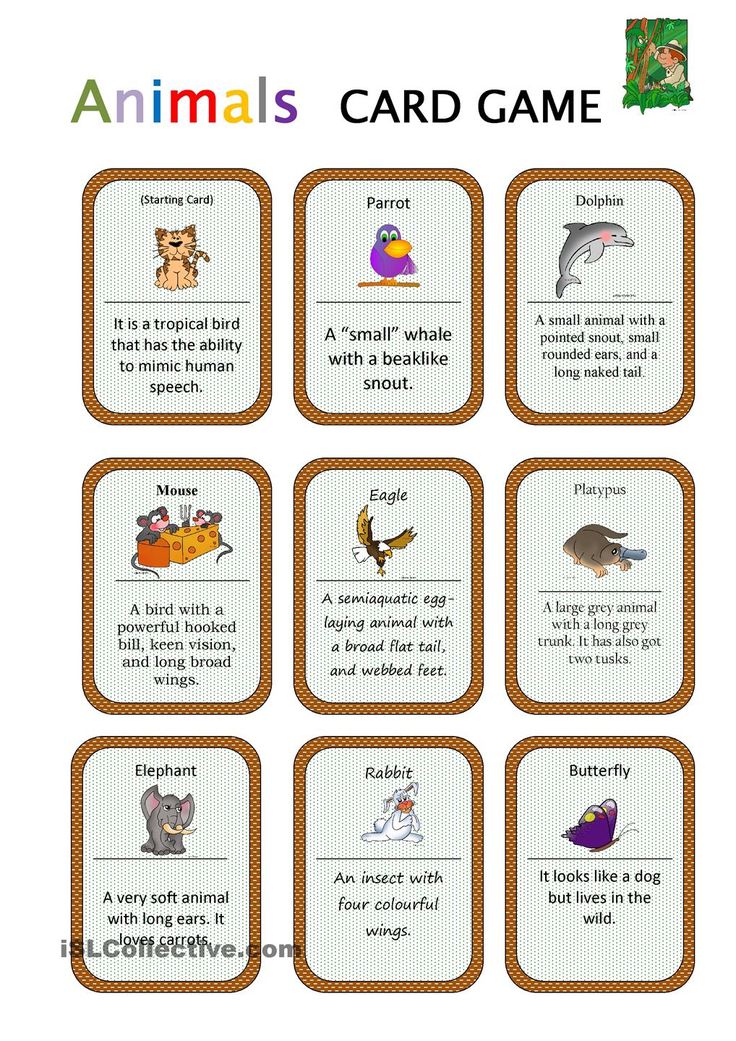 This classic paper-based puzzle game remains a firm favorite word game.
This classic paper-based puzzle game remains a firm favorite word game.
Learn more: Discovery Education
7. Storytelling Game
Storytelling games are a great way for kids to use their spoken word skills. A spinner or story dice will give prompts for the story and dictate which direction it must go in. Kids can only use one word or one sentence at a time in this conversational game, forcing them to think quickly and creatively.
Learn more: The Colorful Apple
8. Wordicle
This should be a new addition to family game night as Wordicle combines a card game and a dice game to form the ultimate educational board game.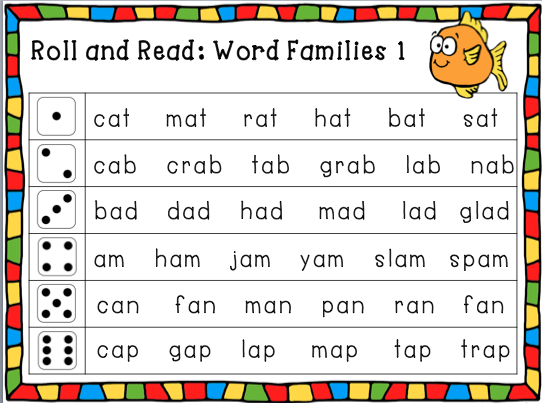 Players roll the dice for random letters and use the letters on the cards in their hands to make the highest scoring word possible.
Players roll the dice for random letters and use the letters on the cards in their hands to make the highest scoring word possible.
Learn more: UI School Supply
9. Toss the Balloon
To start this sight word game, write a collection of words on a balloon. Toss the balloon in the air and let your child catch it. Whichever word is facing upwards should be read out loud and used in a sentence. Prompt kids who can write to write the words on the balloon themselves. This fun vocabulary game will have kids jumping for joy as they try to catch the balloon.
Learn more: Gift of Curiosity
10. Word Connect
Word Connect is a fun spelling game that kids can play online. Simply connect the letters in the circle to create words using the same letters. Each level adds one more letter to the circle increasing the game difficulty. This game for kids helps build kids' vocabulary as they discover new arrangements for the same letters.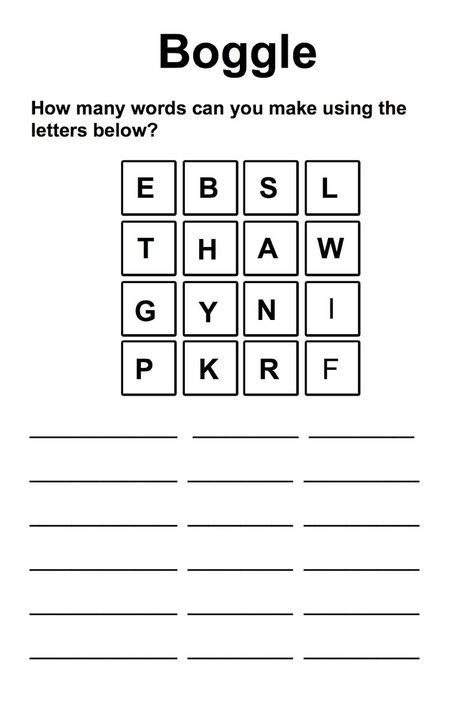
Learn more: Mindgames
11. The Minister's Cat
This classic game was a popular parlor game but can still be played to teach kids all about adjectives. Each player recites the phrase "The minister's cat is a ..." and adds an adjective to describe the cat, moving along the alphabet. An adorable cat, a bouncy cat, a cool cat, and so on. This is a great way to work on listening skills and memory skills as they cannot repeat words and hone alphabet skills as they should determine which letter to use next.
Learn more: Wild Billy
12. Hink Pinks
This fun word game for children is all about rhyming. One player must think of a rhyming phrase like "flat hat" or "wet pet". They should then use another phrase to describe it like "smashed fedora" or "soaked dog". It is up to other players to guess the rhyming 2 words.
Learn more: Hub Pages
13. Boggle
Boggle is a fun and educational game that has unlimited replayability.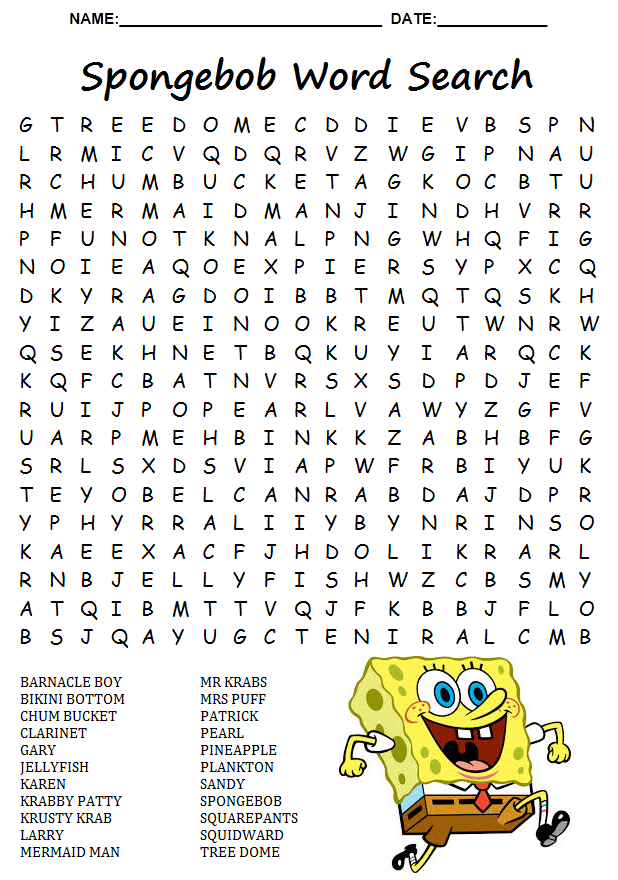 This handy online version allows you to play this challenging word game without buying the board game and is always handy on a mobile device.
This handy online version allows you to play this challenging word game without buying the board game and is always handy on a mobile device.
Learn more: Wordshake
14. Blurt
Blurt is a fun new board game, perfect for players who always feel the need to blurt out an answer. One player reads out a description from a card and other players need to blurt out the word in question. Correct guesses will move you forward on the game board.
Learn more: The Dice Tower
15. Codenames
When it comes to word-based board games, few are as popular and well-known as Codenames. Players must call out a word that connects to one or more of the words on the playing cards. Their team must guess the word without accidentally guessing words assigned to the opposing team.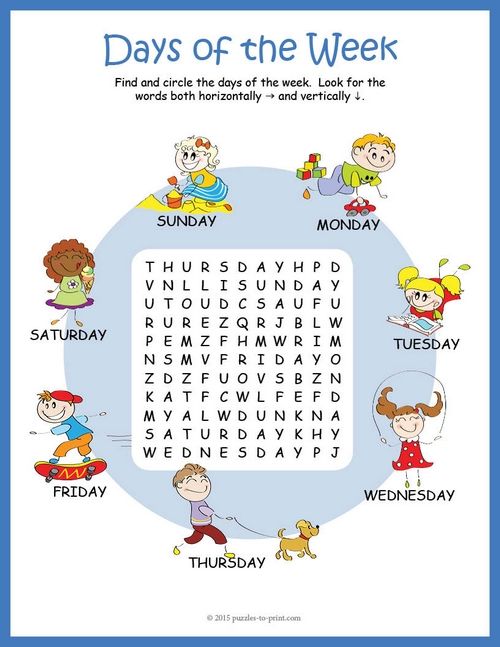 This fun online version is free and lets kids play on their own too.
This fun online version is free and lets kids play on their own too.
Learn more: Codenames
16. Sight Word Candyland
If you already own the Candyland board game, this adaptation is the perfect simple word game for your kids. This game works on literacy skills and minimizes screen time simultaneously and all you need to do is print out these free game printables. There are also cards for different grade levels so kids of many ages can play together, making it the perfect game for family time.
Learn more at 123 Homeschool 4 Me
17. Sight Word Splat
A couple of fly swatters quickly turn a normal sight word game into a very competitive word game. Write words on papers, laminated cards, or sticky notes, and let kids slap them with their fly swatters as you call them out. It is guaranteed to be a lively game as kids rush to show off their fundamental reading skills.
Learn more: You Clever Monkey
18.
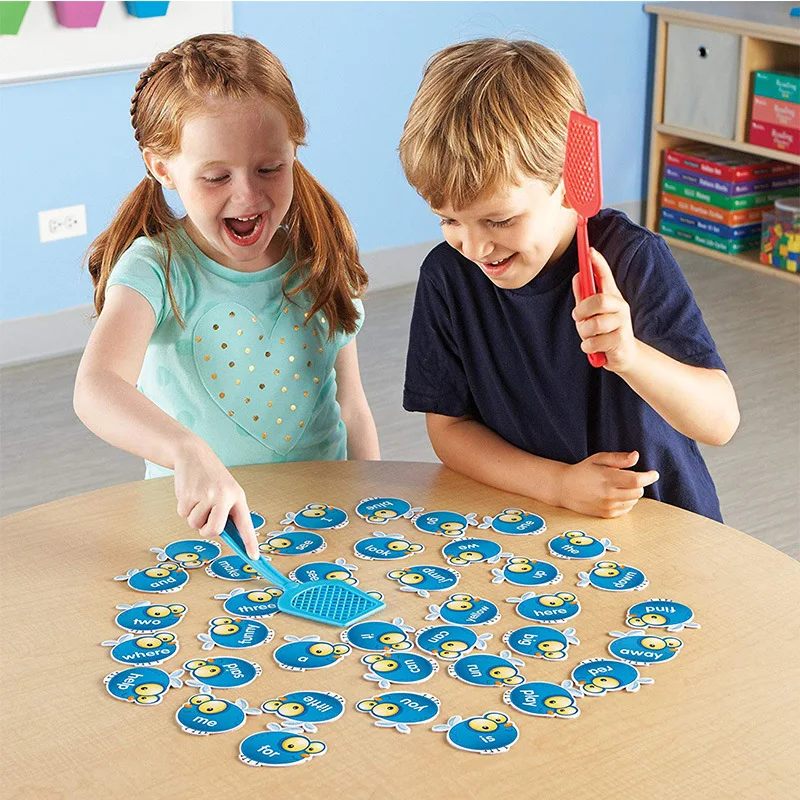 Silly Sentence Jenga
Silly Sentence Jenga Write parts of a sentence on some Jenga blocks and let kids build sentences as they pull the pieces out in a hilarious game of Jenga. This printable word list will give you a good foundation for the game or you can replace them with your own words according to a theme or what your children like to learn about.
Learn more: Childhood 101
19. Secret Words
This vocabulary game for kids is great for language development. Print out cards that spell out a word using simple pictures to spell out a word. An apple would represent an "a" and a ball will represent a "b" for example. Kids can use magnetic letters, letter blocks, or scrabble tiles to decipher the secret words.
Learn more: Fun Learning For Kids
20. Word Hunt
Even the most reluctant learner will love going on a word treasure hunt. Put some sticky notes all over the house with words printed on them. Give kids a square grid with the matching words written in each block.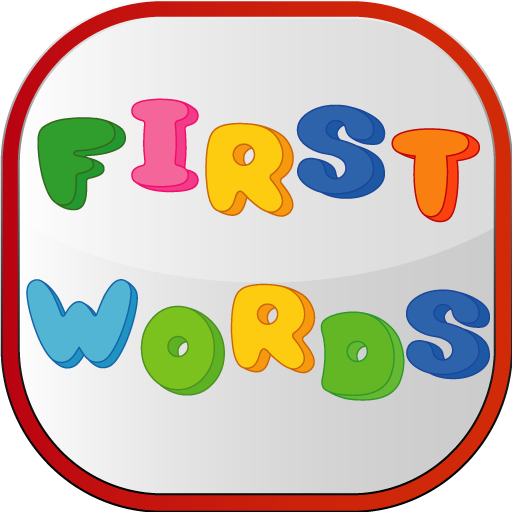 Kids must find the sticky notes and complete their grid to win the game.
Kids must find the sticky notes and complete their grid to win the game.
Learn more: Walking By The Way
Word games for children aged 3-4 in kindergarten
Word games are an effective way to develop independent thinking and speech in a child. This way of playing does not require special accessories, it is based on the action and conversation of the players. During the game, the child is given a variety of tasks, for example, to describe an object or guess an object from its description, to find common and distinctive features of objects.
For a 3-4 year old child, the main activity is play. During the game, he is in a good mood, active, open to communication and disposed to learning new knowledge.
In play, the child does not notice that he is being taught. Therefore, games, and in particular verbal (oral) games, are actively used by kindergarten educators and teachers to conduct training sessions.
Such a game solves many pedagogical tasks:
- Active speech activity and thinking develops (these processes are closely related).
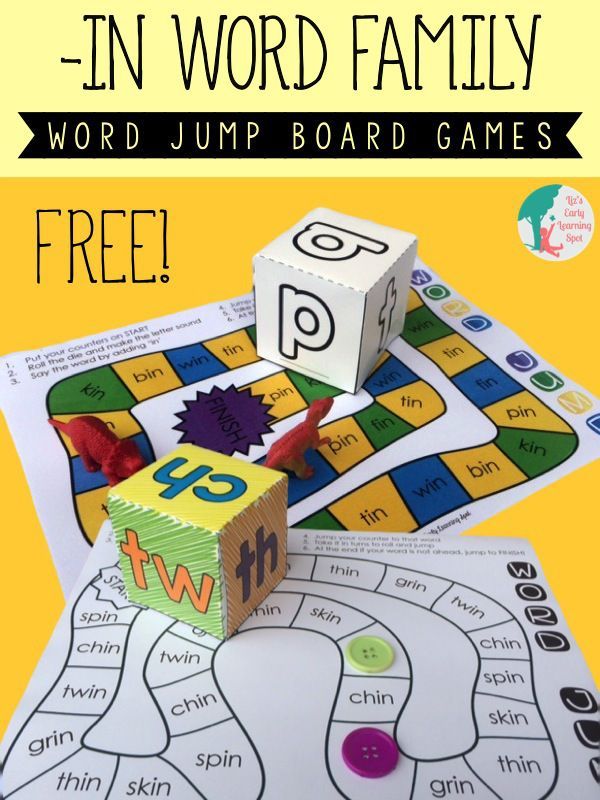
- Children learn new words well and understand their meaning.
- The child learns the correct pronunciation of sounds and words.
- His ability to correlate the word with the subject and the action that it denotes is being formed.
- Children learn how to build sentences correctly, clearly express their requests and emotions.
- Improving intonation and expressive pronunciation.
All adults are familiar with word games. Computers came into our lives not so long ago, and at one time we all played just such games.
Everyone remembers games like “damaged phone” , “ yes and no don’t say black, white don’t take ”, and many others. All of them were of great importance for the development of our speech, logic, thinking. What was it worth thinking ahead of the answers to tricky questions so as not to utter forbidden words, or coming up with precisely these tricky questions, forcing the interlocutor to blurt out too much.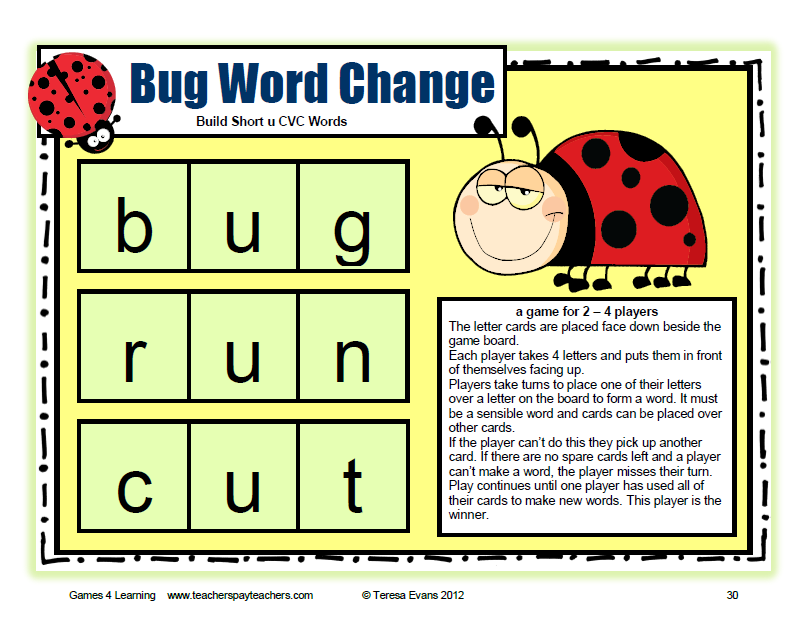
Depending on the tasks set, oral games are conditionally divided into four groups.
To the first group include games that form in a child the ability to identify an object, action or phenomenon by its features (for example, “Guess what is hidden in the box”, “Guess who came”).
The second group includes games that are used to develop in a child the ability to compare objects and actions , draw conclusions independently (for example, "Fables", "Find the smallest and largest object").
The third group consists of games thanks to which the child learns to combine objects according to their main features (for example, “How to combine objects in one word?”, “Name something that relates to dishes”).
The fourth group includes games that contribute to the development of mindfulness and speed of thinking (for example, "Edible-inedible").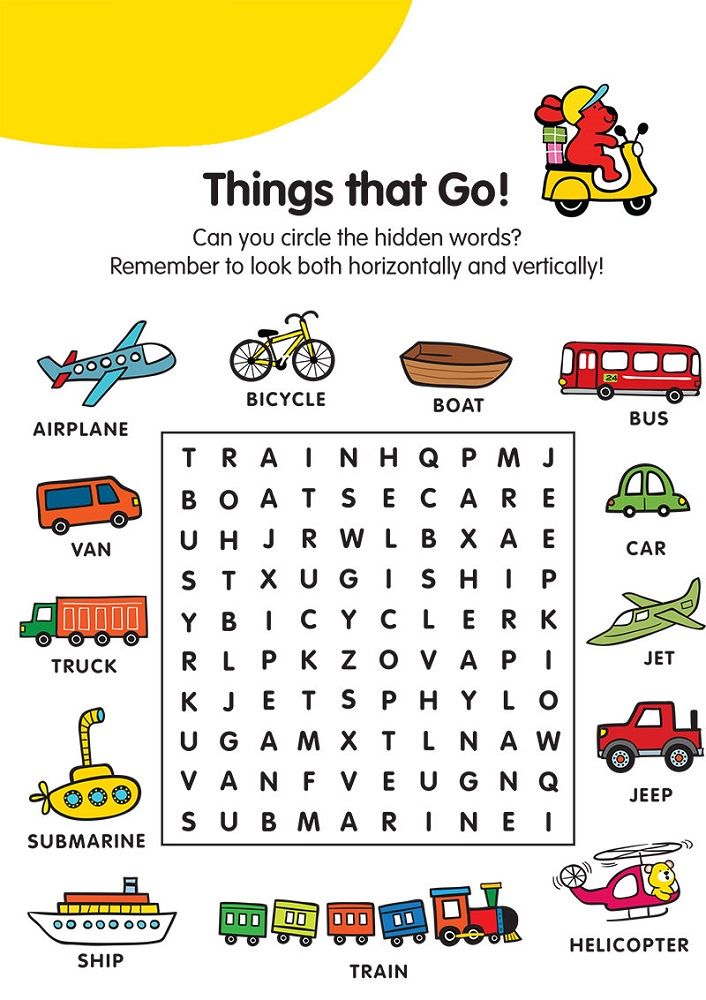
Some word games require small props, such as a piece of paper and a pencil. The hangman game is just one of those. While playing, the child not only develops memory and logic, but also develops speech and vocabulary, as well as visual memory, correctly writing words on paper.
Development of children's speech through word games
At the age of 3-4 years, a child experiences a noticeable leap in speech development. Almost all children of this age speak quite well, although not quite clearly. Often there are problems with the pronunciation of sounds. Although a child knows how to make simple sentences, express his thoughts, he cannot always compose a simple and understandable story.
The age of 3-4 years is just the time when the child actively learns colloquial speech. A good result in the development of speech is the use of a variety of word games.
The richest basis for oral games can be folklore, for example, nursery rhymes, songs, learning poems by heart.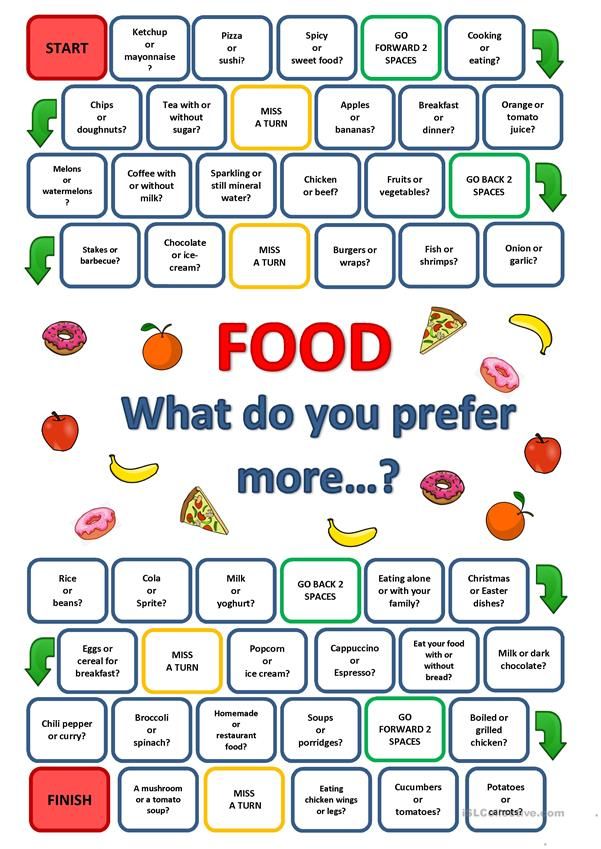 They are characterized by a simple rhyme, emotionally colored, include frequently repeated combinations of sounds and words. With their help, the child develops the ability to correctly and clearly repeat sounds, words and phrases, develops auditory attention, and increases vocabulary.
They are characterized by a simple rhyme, emotionally colored, include frequently repeated combinations of sounds and words. With their help, the child develops the ability to correctly and clearly repeat sounds, words and phrases, develops auditory attention, and increases vocabulary.
Especially useful for children of this age stories and fairy tales with elements of articulation (speech therapy) gymnastics. Children are happy to repeat simple exercises for the development of the speech apparatus (puff out their cheeks, play with their tongue, blow, imitate animals).
During the game, the teacher should help the child to avoid mistakes in pronunciation, if necessary, push him to the correct solution of the problem.
Working with a child every day for only 15 minutes , you can achieve good results in the development of his speech. Often, speech therapists diagnose children 5-6 years old with dysloria, which means incorrect pronunciation of sounds.
If a child of 3-4 years old is engaged in articulation gymnastics in a playful way (you should only choose the right word games of this direction with the help of a specialist), then the child will not have problems with the pronunciation of sounds. The age of 3-4 years is ideal for the complete "pronunciation" of the baby, it is easy for him to memorize games and simple texts, and it is easy to master the tongue in order to pronounce complex sounds correctly.
Methodology for conducting word games
During the game, the educator directs the game and teaches the children. His speech should be grammatically correct, calm, but at the same time emotional. You cannot direct your gaze, facial expressions and gestures to only one player. It is necessary to look at one or another child, so that everyone thinks that the teacher is addressing him. Therefore, he must know the text of the game, story, fable or nursery rhyme by heart. It is necessary to stand or sit during the game so that all children can see the face of the teacher, follow his eyes and the movement of his lips.
If parents are busy at work all day and find it difficult to find time to communicate and play with the baby, then the time before bedtime is perfect for these purposes. Bathing the baby, dressing him for bed, communicate and play.
Offer to name certain words, grouping them according to a single attribute. For example, let the kid name 5-10 names of girls, the same number of names of boys, names of flowers, and so on. If he coped with such a task, you can complicate the requirements and ask him to name the same objects, only that they begin with the same letter.
Psychologists and teachers have developed special guidelines for organizing and conducting speech games.
- The choice of game depends both on the age and level of development of children in the group, and on the task set by the educator or teacher-defectologist. Tasks can be educational, educational and correctional.
- The game should not be too easy, otherwise it will not encourage mental activity, and children will quickly lose interest in it.
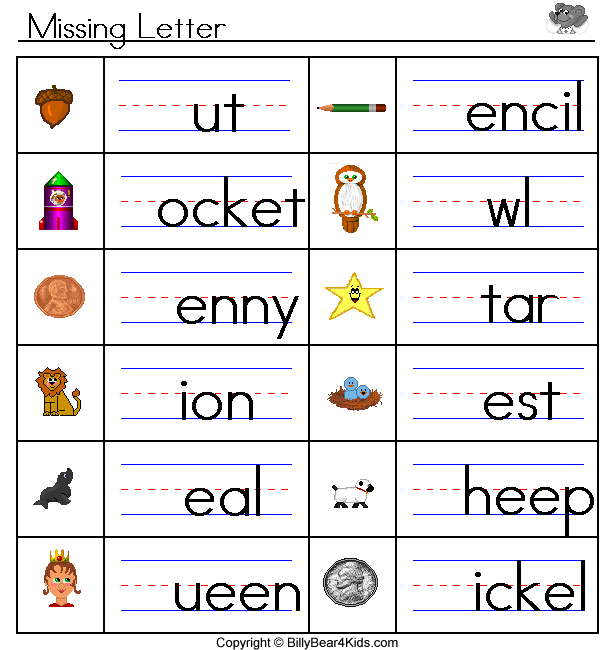 It should also not be too complicated so that children can find the right solutions on their own, and not just with the help of an adult.
It should also not be too complicated so that children can find the right solutions on their own, and not just with the help of an adult. - The game should evoke positive emotions in children, so at the beginning of the game you need to create a game mood. If for the game you need to distribute roles between children, then you can use a rhyme, it perfectly tunes in to the game.
- In order for word games to give positive results, they need to be gradually complicated, new elements added, visual aids can be used. However, new games should be introduced gradually.
- Games must be organized so that all children are involved. Even if one child answers, everyone should be busy finding the right solution.
- In order for the games to be effective, it is necessary to alternate work with the whole group and individual work with the child.
- Great care must be taken to ensure that children adhere strictly to the rules of the game. This teaches them to be disciplined.
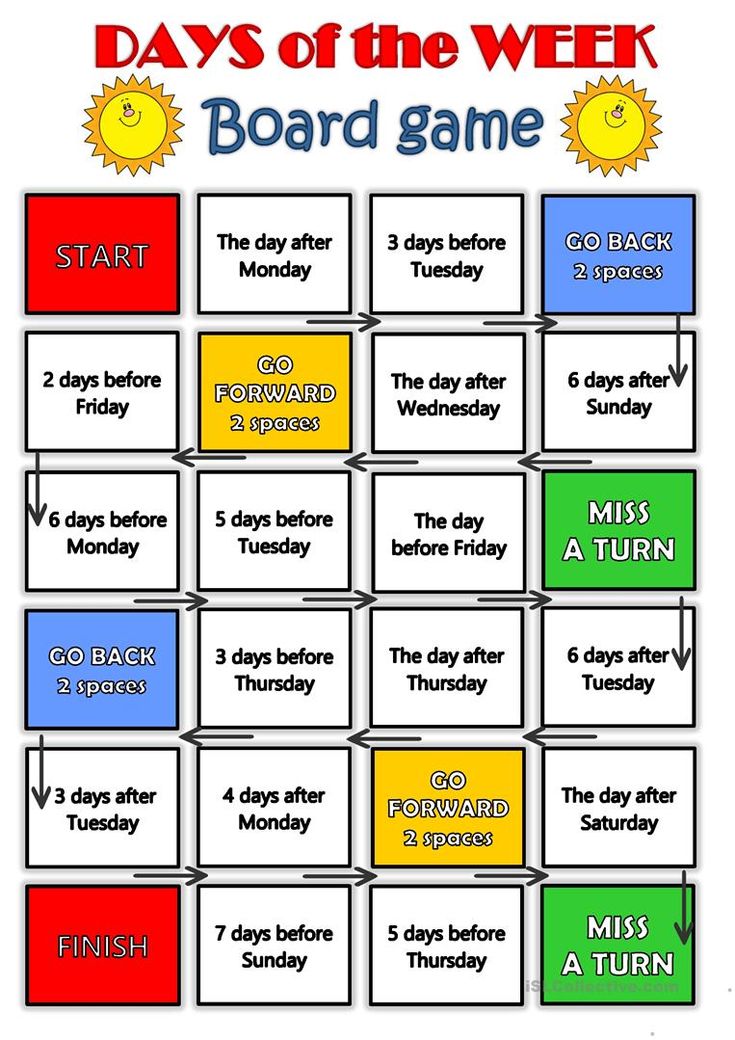 For children of the younger kindergarten group, the rules are explained during the game itself.
For children of the younger kindergarten group, the rules are explained during the game itself.
Word game can take any place in the pedagogical activity of the educator. It can be used during group activities, during children's entertainment, and even during a walk.
Word games with letters can already be offered to children aged 3-4 years. This will help the baby learn the alphabet faster and more efficiently, develop memory. Playing, you can cut out a new letter of their colored cardboard every new day. By pronouncing words starting with this letter, the child will be able to correctly associate them with the inscription of the letter, which will positively affect his further development and learning.
Examples of word games for children aged 3-4
In kindergarten, teachers conduct word games with children not only to somehow fill their leisure time, but also to teach the rules of games in a team, coordinate their actions, develop logic and thinking. You can play in a group in the classroom when the weather is bad outside, you can play on a walk, this does not require any special preparations.
You can play in a group in the classroom when the weather is bad outside, you can play on a walk, this does not require any special preparations.
Here are examples of the simplest word games for children aged 3-4, which can be used in kindergarten, at home, on a walk, and on the way home.
"Choose the shape of the object"
The teacher offers shapes: rectangle, circle, triangle. The child must decide which object is similar to the figure. For example, a rectangle is a window, a book, an album.
You can play the other way around. The teacher names the objects, and the children determine which figure corresponds to them. For example, a ball, a ball, a hoop - a circle.
"Edible - non-edible"
You will need a ball to play. Children can line up in a circle, the leader (it can be a teacher or another child) stands in a circle and holds the ball. Calling any word, he throws the ball to a child who is standing in a general circle. If the word means an edible object, then the ball must be caught. If the named item is not edible, the ball should be hit or returned to the leader. The next word is suggested to the next child in a circle.
If the named item is not edible, the ball should be hit or returned to the leader. The next word is suggested to the next child in a circle.
"Add a word"
The teacher names the object, and the child must name it with an affectionate diminutive suffix. For example, a chair is a chair, a ball is a ball, a nose is a spout. In this case, you can also use the ball, and line up the children in a line or circle.
"One - many"
The teacher names one object, and the children must name it in the plural. For example, a hand - hands, a house - houses, a ball - balls. In this case, you can also use the ball, and line up the children in a line or circle.
"Combination"
The teacher names the objects, and the children have to combine them according to common features. For example, carrots, potatoes, tomatoes are vegetables. Then the adult calls the category of objects, and the children - what belongs to it. For example, clothes - a skirt, shorts, a jacket.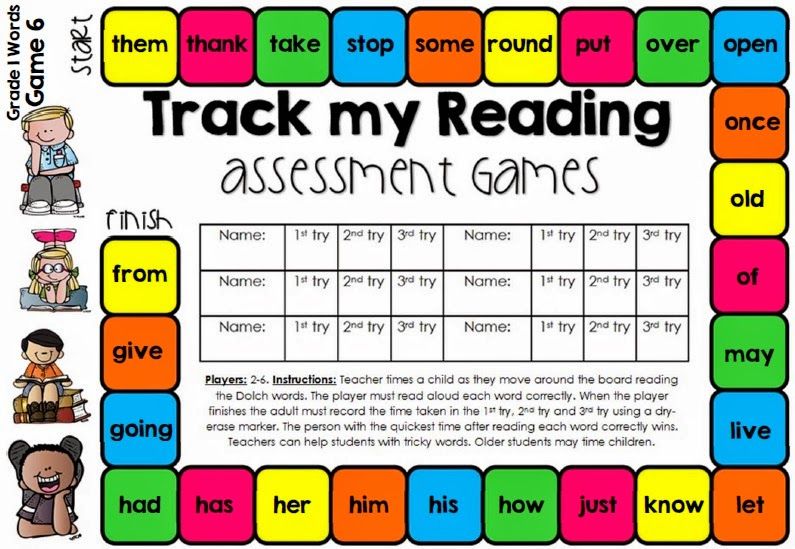
“Onomatopoeia”
The teacher pronounces repetitive sounds, for example, choo-choo-choo, bayu-bayu-bai, while changing the pitch of the voice and the tempo of pronunciation. Children must repeat.
"Who does what"
The teacher names the action, and the children must name those who perform this action. For example, jumping - a bunny, a frog.
Or vice versa. The teacher names the objects, and the children name the action. For example, the sun, a lamp - shine.
Word games do not require additional equipment to be played, are simple and accessible to everyone.
No special training is needed to play word games. You can play on the road when you are doing household chores while you are waiting in line at the clinic and other places. The advantages of such a pastime are more than enough: it is the development of speech and memory, and the acquisition of the child's skills to build sentences in a coherent way in a story, and the training of memory, thinking and speed of reaction.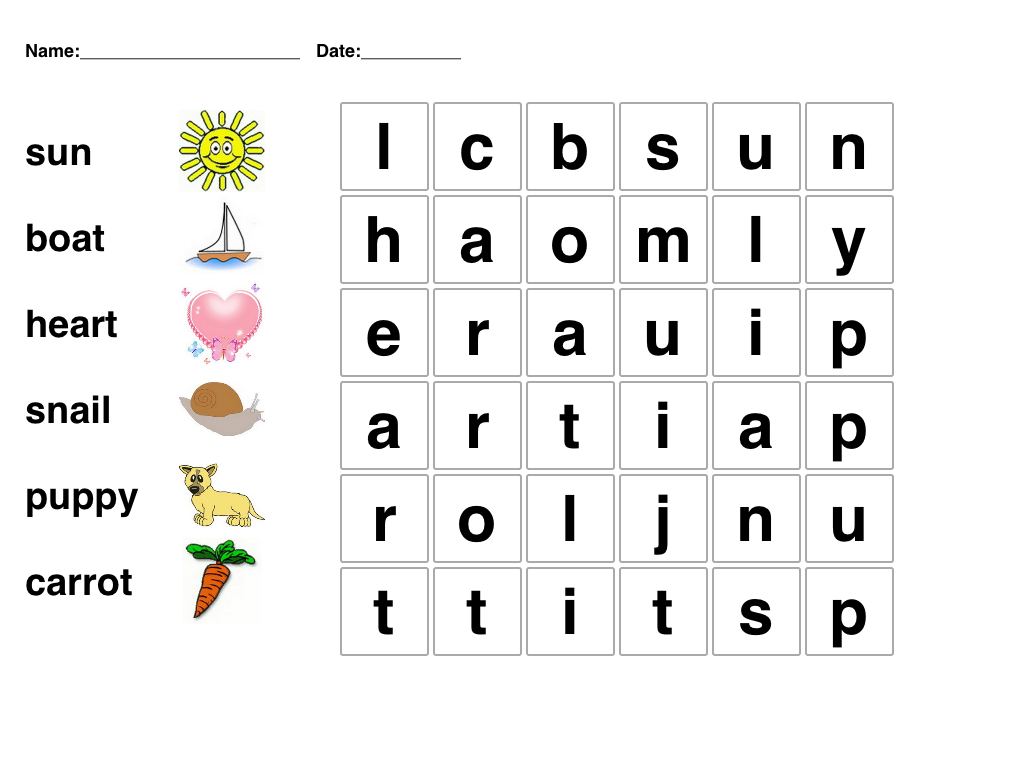
Instead of a conclusion
L.N. Tolstoy believed that a child under 5 years old is like a sponge and is able to absorb as much information as possible. The more they communicate with him, play and develop him, the better the child will be developed, his logical thinking, memory and reaction speed.
All information is taken from open sources.
If you believe your copyright has been infringed, please contact write in the chat on this site, attaching a scan of a document confirming your right.
We will make sure of this and immediately remove the publication.
Word games for children | Speech development consultation:
WORD GAMES FOR CHILDREN
Word game is an effective way to develop independent thinking and speech in a child. This way of playing does not require special accessories, it is based on the action and conversation of the players.
For a 3-4 year old child, the main activity is play. During the game, he is in a good mood, active, open to communication and disposed to learning new knowledge.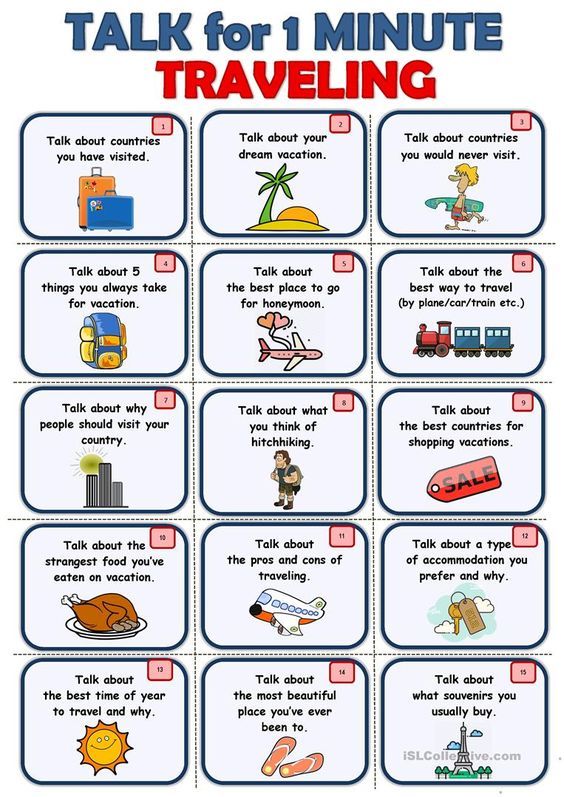 In the game, the baby does not notice that he is being taught.
In the game, the baby does not notice that he is being taught.
The game solves many pedagogical tasks: Active speech activity and thinking develops (these processes are closely related to each other). Children learn new words well and understand their meaning. The child learns the correct pronunciation of sounds and words. His ability to correlate the word with the object and the action that it denotes is being formed. Children learn how to correctly build sentences, clearly express their requests and emotions. Improving intonation and expressiveness of pronunciation.
All adults are well acquainted with word games: “Broken phone”, “Yes and no, don't say, don't take black, don't take white”, and many others. All of them were of great importance for the development of our speech, logic, thinking. What was it worth thinking ahead of the answers to tricky questions so as not to utter forbidden words, or coming up with precisely these tricky questions, forcing the interlocutor to blurt out too much.
Depending on the tasks set, oral games are conditionally divided into four groups.
1. Games that form a child's ability to identify an object, action or phenomenon by its signs: "Guess what is hidden in the box", "Guess who came."
2. Games that are used to develop a child's ability to compare objects and actions, draw conclusions on their own: "Fables", "Find the smallest and largest object", "Find square or round objects", "Remember a cheerful and sad hero ".
3. Games, thanks to which the child learns to combine objects according to their main features “Name it in one word?”, “Name something that relates to dishes or furniture”, “Think of the names of girls or boys”, “What is yellow?” , "What word starts with the sound A?".
4. Games that contribute to the development of mindfulness and speed of thinking: "Edible - inedible", "Flies - does not fly", "Everything is winter", "Everything is sweet", "Name it affectionately", "One is a lot".
The richest basis for oral games can be folklore, for example, nursery rhymes, songs, memorizing poems.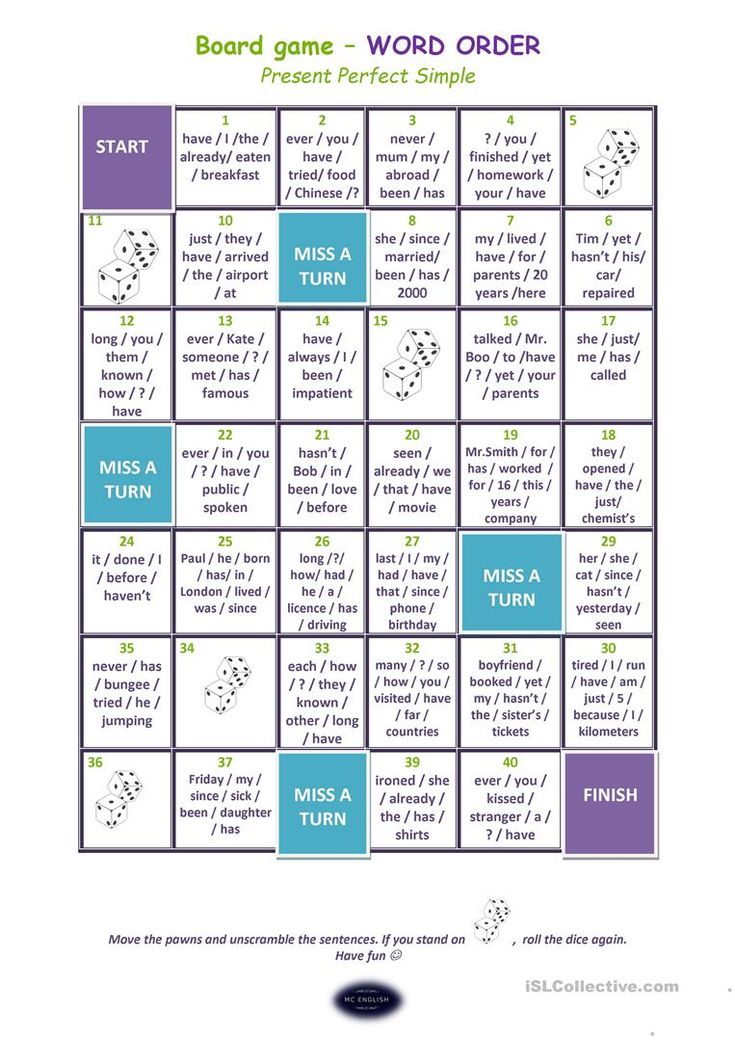 They are characterized by a simple rhyme, emotionally colored, include frequently repeated combinations of sounds and words. With their help, the child develops the ability to correctly and clearly repeat sounds, words and phrases, develops auditory attention, and increases vocabulary. Especially useful for children of this age are stories and fairy tales with elements of articulatory (speech therapy) gymnastics. Children are happy to repeat simple exercises for the development of the speech apparatus (puff out their cheeks, play with their tongue, blow, imitate animals).
They are characterized by a simple rhyme, emotionally colored, include frequently repeated combinations of sounds and words. With their help, the child develops the ability to correctly and clearly repeat sounds, words and phrases, develops auditory attention, and increases vocabulary. Especially useful for children of this age are stories and fairy tales with elements of articulatory (speech therapy) gymnastics. Children are happy to repeat simple exercises for the development of the speech apparatus (puff out their cheeks, play with their tongue, blow, imitate animals).
Working with a child for only 15 minutes every day, you can achieve good results in the development of his speech.
If parents are busy at work all day and find it difficult to find time to communicate and play with the baby, then the evening time will be perfect for these purposes. Returning home from kindergarten, cooking dinner, bathing the baby, dressing him for bed, chat and play.
The game should evoke positive emotions in children, so at the beginning of the game you need to create a game mood.